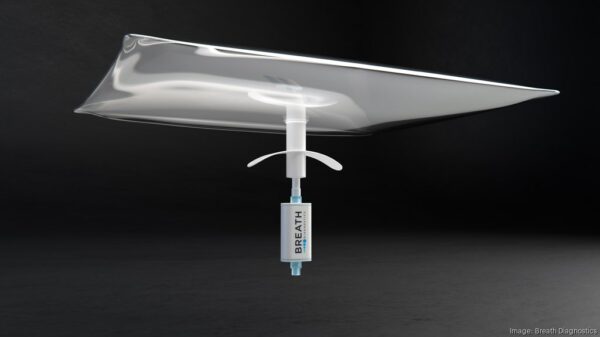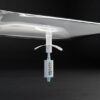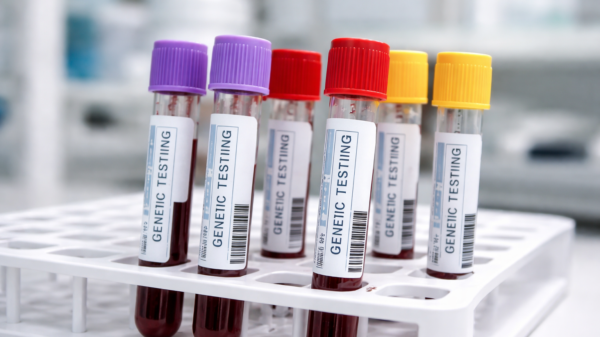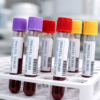A football player in his early twenties passed away on Saturday after a two-year battle with a rare form of lung cancer.
Tylee Craft, a former wide receiver for the University of North Carolina’s Tar Heels team, was diagnosed with large cell neuroendocrine carcinoma (LCNEC) in early 2022. He played two seasons with the team in 2020 and 2021 prior to his stage four or advanced respiratory cancer diagnosis.
Former teammates honoured him at their game on Saturday with a commemorative ceremony and offered their condolences to his mother. Members of the university’s basketball team, also the Tar Heels, were observed wearing shirts with Craft’s name and former number ahead of their scheduled scrimmage last weekend too.
“What a difficult thing to tell a group of young people about one of their best friends,” Craft’s former coach, Mack Brown, told reporters at the football game. “This young man fought so hard.”
In 2022, Craft received the Disney Spirit Award — an honour bestowed to the most inspirational players in college football. Doctors told his family that he only had weeks to live when they became aware of his condition but he persevered much longer. Craft underwent extensive treatments during his battle with the disease but unfortunately became one of lung cancer’s latest victims.
This afternoon @UNCFootball head coach @CoachMackBrown broke the news to the media about the passing of Tylee Craft. pic.twitter.com/3VTMocuIcn
— Chris Clark (@ChrisClark_) October 12, 2024
Read more: Breath Diagnostics takes aim at lung cancer with One Breath
Read more: Breath Diagnostics pioneers novel lung cancer breath test
Benefits of early detection are debatable
Due to the aggressive and deadly nature of LCNEC, there is significant debate about whether detecting it early through screening procedures can improve survival rates significantly. Some experts believe it can make a difference by enabling a timely treatment approach and others do not.
This variation accounts for about 1 to 3 per cent of all lung cancer diagnoses. Those with the condition generally only live for around 8 to 12 months and the five-year overall survival rate is just 16 per cent.
Thankfully for the vast numbers of people who may contract non-small cell lung cancer (NSCLC) and its more dangerous cousin small cell lung cancer (SMLC), innovative and convenient screening procedures have been developed by certain American companies.
Texas-based bioAffinity Technologies Inc (NASDAQ: BIAF) has been receiving significant attention in the media for its “CyPath” phlegm/sputum lung cancer test. This non-invasive method involves coughing up mucus into a cup which gets sent to a lab for accurate analysis.
Kentucky’s Breath Diagnostics Inc. has also created a novel lung cancer breath test that simply requires patients to breathe into a bag. These samples get sent off to a lab too, with results provided within a few business days.
Meanwhile, California’s Delfi Diagnostics and the Massachusetts Institute of Technology have been using artificial intelligence to help efficiently identify the disease in blood biopsies and CT scans.
rowan@mugglehead.com













